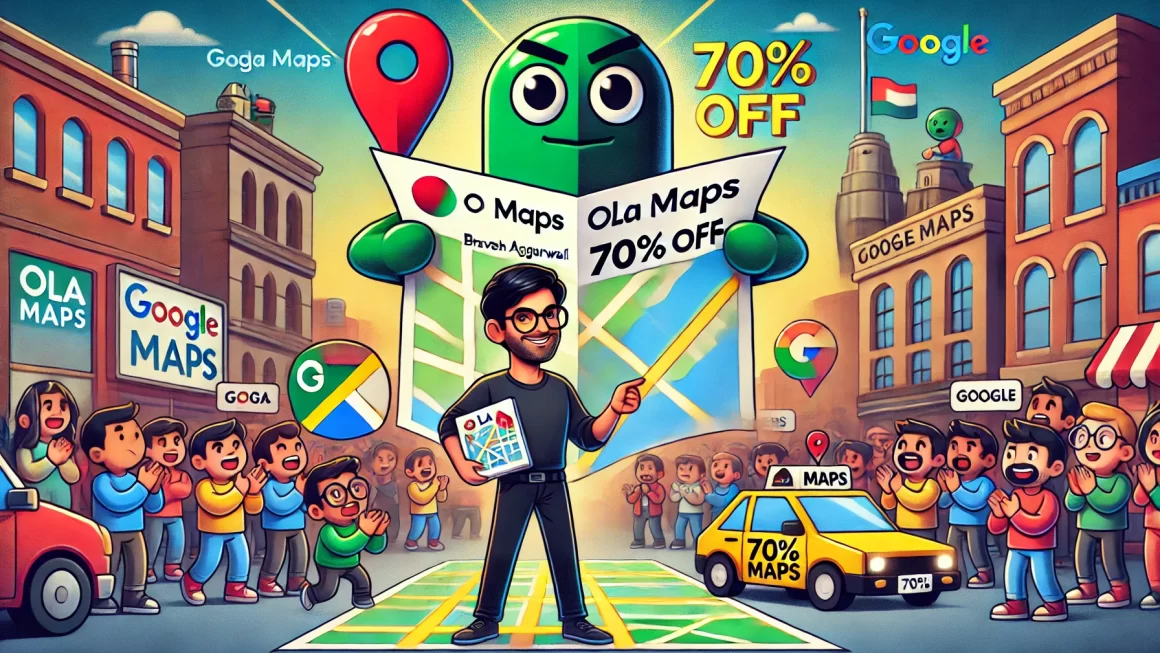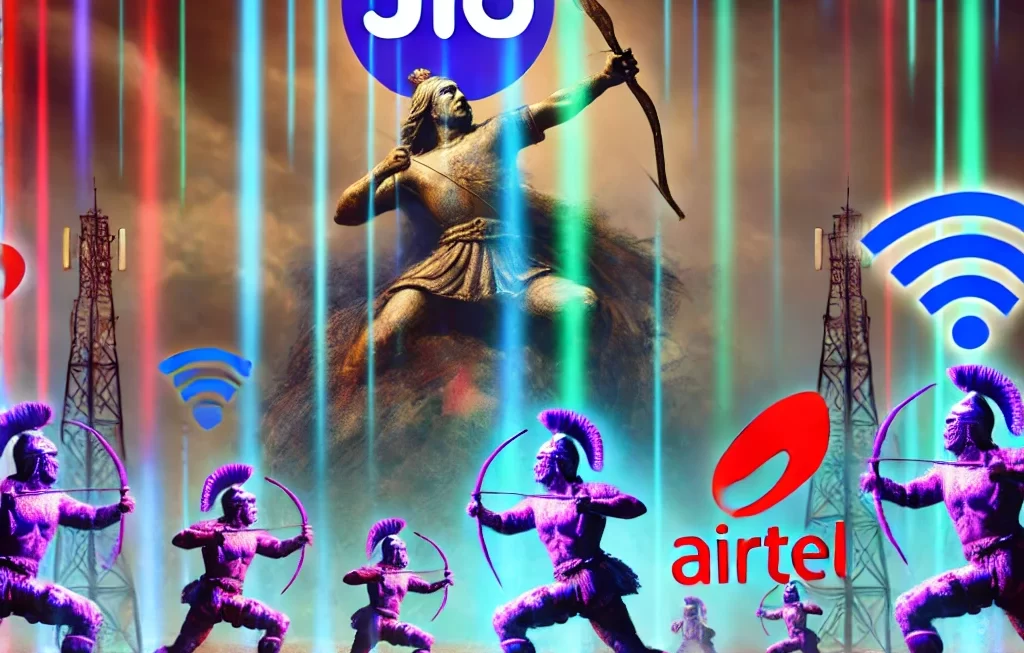In a bold move that’s set the tech community abuzz, Bhavesh Aggarwal, the visionary behind Ola, has recently unveiled ‘Ola Maps‘, a new mapping service that boasts a pricing strategy 70% lower than Google’s. This aggressive pricing is not just a welcome relief for Indian developers but a strategic play that could reshape the mapping service landscape. And it seems Google took notice, slashing their prices by 70% shortly after Ola’s announcement.
Celebrating Innovation and Local Ingenuity
First and foremost, hats off to Mr. Aggarwal and the Ola team for this pioneering initiative. Ola Maps is poised to be a game-changer, especially for small development teams whose budgets often limit their access to high-quality mapping services. By offering a much more affordable option, Ola Maps opens up new possibilities for innovation and creativity in the tech community.
Competition Breeds Choice and Fairness
Google has long dominated the mapping sector, offering unmatched quality but at premium pricing. This monopoly has not gone unchallenged, but few have dared to directly compete. Ola Maps is a refreshing entry that breaks this pattern, reminding us of the importance of competition. It fosters a healthier market where developers can choose the best tools without feeling cornered by cost concerns.
Lessons from Apple’s Attempt
When discussing mapping services, it’s crucial to mention Apple Maps. Launched in 2012 as a competitor to Google Maps, Apple Maps initially faced significant criticism due to numerous inaccuracies and missing data. Despite Apple’s brand strength and resources, it took years for Apple Maps to gain credibility and catch up with Google Maps in terms of reliability and user trust. This history highlights the challenges any new entrant faces in this space and underscores the importance of persistent innovation and improvement.
Apple Maps’ journey underscores the critical role competition plays in breaking monopolies. Despite its rocky start, Apple Maps persisted, gradually improving and forcing Google to up its game. This rivalry benefited users, offering them more choices and better services. However, the tech giant’s struggle also shows how difficult it can be to disrupt an established leader like Google.
Ola Maps: A Worthy Contender or Just Another Challenger?
There’s been a lot of chatter about whether Ola Maps can genuinely compete with Google Maps. Critics point out issues with other Ola ventures, like their cabs and electric scooters, urging the company to refine these services. Yet, it’s essential to recognize and support new ventures that promise to disrupt the status quo for the better.
It’s also worth noting that while Ola Maps utilizes OpenMap data — a fact that’s openly acknowledged and not hidden — it’s not just a simple rehash. This strategic choice allows Ola to leverage existing resources while focusing on enhancing user experience and accessibility.
Supporting Home-Grown Tech Innovations
As Indians and as members of the global developer community, supporting innovations like Ola Maps is in our collective interest. Not only does it challenge monopolistic practices, but it also enriches the tech ecosystem with diversity and choice. By backing such initiatives, we don’t just cheer for the underdog — we encourage a culture of innovation and resilience.
Conclusion: A Call for Open Minds and Community Support
Let’s rally behind Ola Maps and give it the fair trial it deserves. It’s not just about choosing a service; it’s about supporting a vision where local enterprises can stand toe-to-toe with global giants. As Ola Maps rolls out, its success or failure will depend not just on its technological prowess but also on our willingness to embrace and support new solutions. Let’s be part of a future where competition thrives, and monopolies are no longer the norm. After all, in this story of David vs. Goliath, every sling counts.




